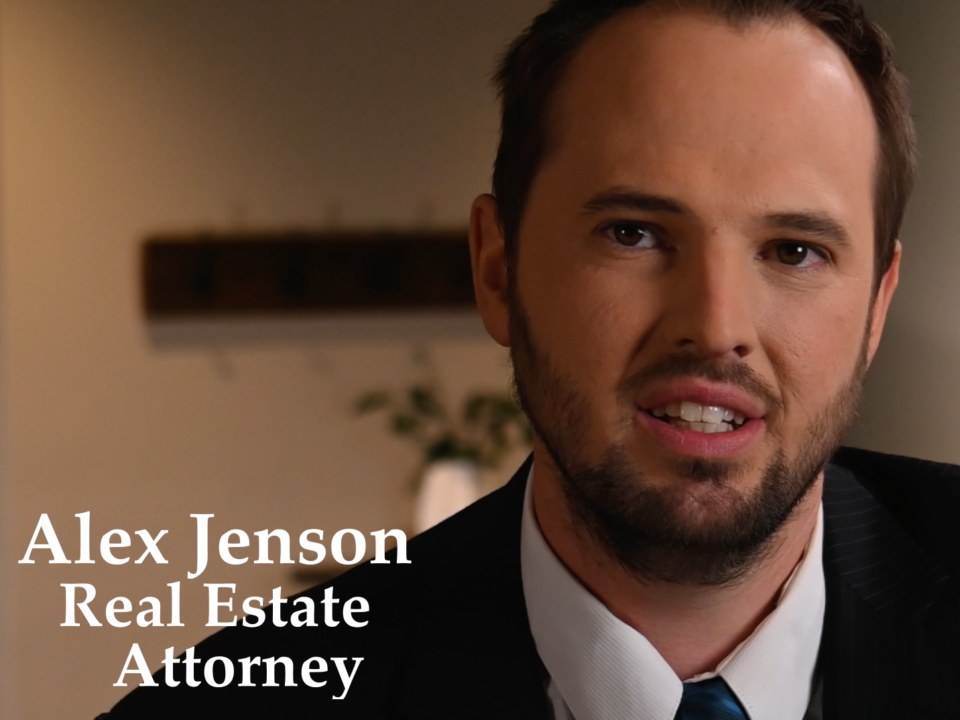
What Can You Do If Your Landlord Is Trying To Evict You?
Being evicted can be a worrisome and stressful situation that oftentimes prompts the person or family being evicted to make a number of important decisions in a short timeframe and while under pressure. This situation has the tendency to force tenants who may not otherwise want to leave to overlook some possible courses of action or to vacate before they are ready to leave. Knowing the law and your rights and/or having the ability to work through the situation with your landlord can be advantageous when facing eviction. And, if you are facing eviction, obtaining the assistance of an attorney familiar with landlord-tenant law can be a huge help.
In North Dakota, landlords can evict for a number of reasons. Some of the most common reasons include failing to pay rent for three or more days after the rent is due, violating a material term of the written lease agreement, and staying in possession of the property after termination or expiration of the lease.
If a landlord decides to pursue the eviction of a tenant in North Dakota, the first step, generally, is to provide the tenant with a 3-day written notice of intention to evict. The landlord must be sure to follow the prescribed methods for providing this notice. Generally, two common ways to provide the notice include presenting it to the tenant in person, or posting it on the front door of the rented premises.
Once you get the three-day notice it is important to take action. First, read the notice carefully. It may provide you with a course of action that allows you to remain at the property such as catching up on past due rent by a certain date, remedying some alleged violation of the lease agreement, or signing a new lease. However, the notice might also clearly state that the landlord intends to evict you ASAP.
In any case, at this point, hiring an attorney could be invaluable to you as the tenant facing the prospect of eviction. The attorney will first likely gather as much relevant information as possible from you such as a copy of the eviction notice, rental agreement, and copies of any correspondence between you and the landlord. The attorney will then be able to better assess your options and discuss them with you. One option might be to contact the landlord to negotiate the terms of an agreement that would allow the tenant to stay in the apartment. Another option may be to negotiate a payment arrangement that allows the tenant additional time before needing to vacate the property. No matter the route chosen, the attorney is likely to attempt to work towards preventing a court-ordered eviction, which is something that could negatively affect the tenant’s housing situation and credit rating for years to come.
When the three days have passed after giving the eviction notice, and assuming no agreement is reached with the landlord, the landlord can then proceed with initiating court proceedings to have the tenant(s) evicted. If the landlord does so, a court date will be set for the eviction hearing to occur between 3 to 15 days after the eviction summons is issued. While a tenant is not required to be represented by an attorney at the hearing, it may be very beneficial to have an attorney advocating for you. One possible result is for the court to order the tenant evicted the day of the hearing. However, if the tenant is able to show that immediate eviction would cause substantial hardship, the court may delay the eviction by up to 5 days after the hearing date. In any case, once the eviction process is started it can all happen in a very short timeframe.
If your landlord is trying to evict you, it may be a good idea to speak with an attorney like Chris Cerney about your options. There may be other issues or concerns in addition to those mentioned above and an attorney will be able to help you sort through those considerations. Contact O’Keeffe O’Brien Lyson Attorneys in Fargo, North Dakota to discuss your situation by calling 701-235-8000 or 877-235-8002, or email by clicking on the attorney’s name above.



